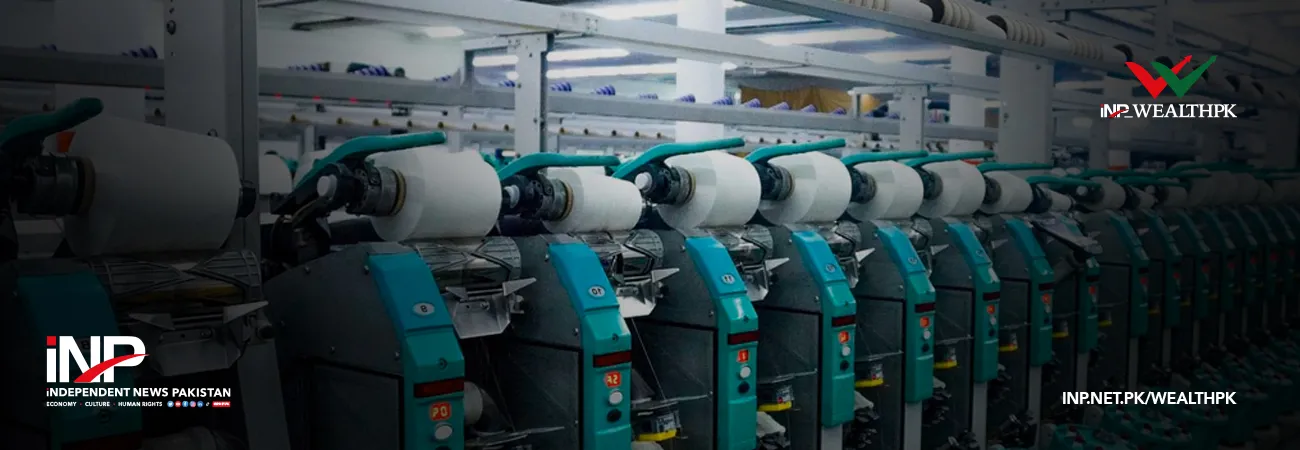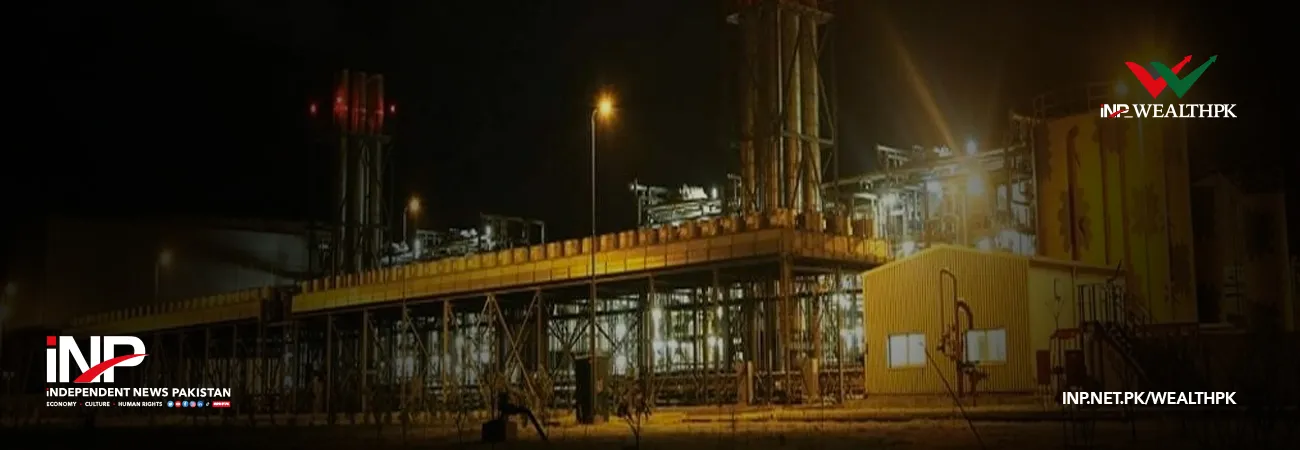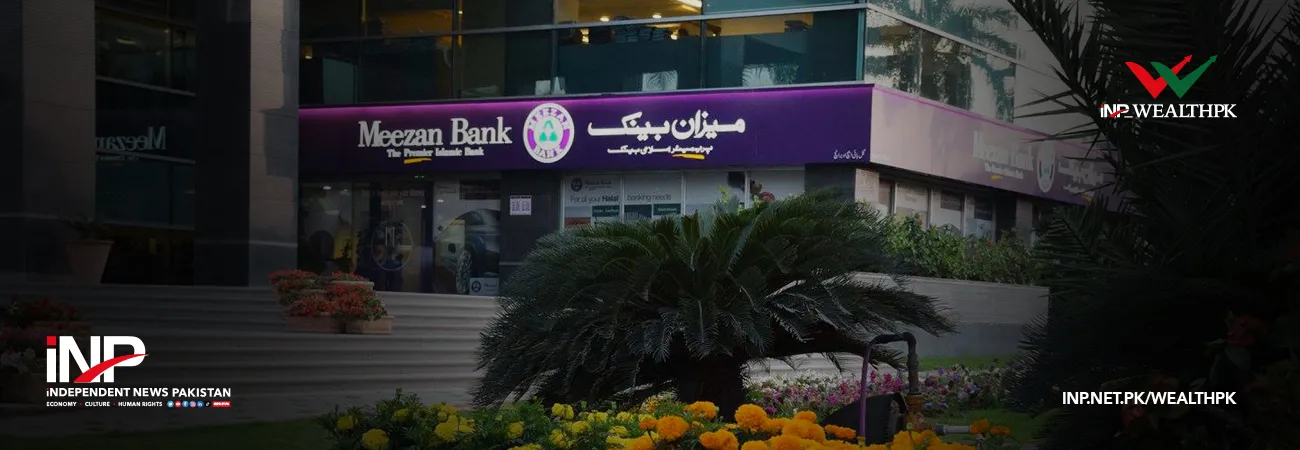INP-WealthPk
Ayesha Saba
Amid global economic volatility and uncertainty, Pakistan needs to diversify its export strategy rather than pursuing overreliance on a limited range of products or trading partners. Former deputy director of Internation Marketing Division at the Trade Development Authority of Pakistan (TDAP) Sabtain Arif said this while speaking to WealthPK. He said that the country’s exports were heavily skewed towards a few industries, textiles in particular, which represented a substantial proportion of its export portfolio. “This lack of diversification poses a challenge to the country's sustainable economic growth and resilience in the face of global challenges. Historically, the country has remained import-intensive with a weak exportable surplus, especially in value-added variety,” he explained.
Sabtain said strategic trade diplomacy was crucial for Pakistan’s export diversification and underscored proactive engagement with the trading partners to secure a favourable market access and promote value-added exports. He urged Pakistan to leverage diplomatic channels to overcome trade barriers and tap into the emerging markets with a growing demand for its products. “Pakistan's strategic location at the crossroads of South Asia, Central Asia, and the Middle East, coupled with the development of CPEC infrastructure, enhances the region's connectivity and facilitates seamless trade and investment flows.” He said that Pakistan could unlock its export potential through its participation in the Regional Comprehensive Economic Partnership (RCEP).
This will allow the country to diversify its markets by reducing reliance on the traditional markets such as the European Union or the United States, where Pakistan enjoyed unilateral preferential treatment such as the Generalized System of Preference (GSP). Under the Strategic Trade Policy Framework 2020-25, the Government of Pakistan is dedicated to charting a path towards integration with the RCEP. This commitment entails strategic planning and policy measures aimed at facilitating Pakistan's deeper engagement with the RCEP bloc, with the ultimate goal of enhancing trade relations, promoting investment flows, and maximizing economic opportunities within the region. RCEP is the world’s largest trade deal. It links 15 Asia Pacific countries, which account for 30 percent of the global GDP, through a Free Trade Agreement (FTA) to establish a single, harmonized, and predictable set of trade rules to help businesses locate their regional supply chains.
Credit: INP-WealthPk













